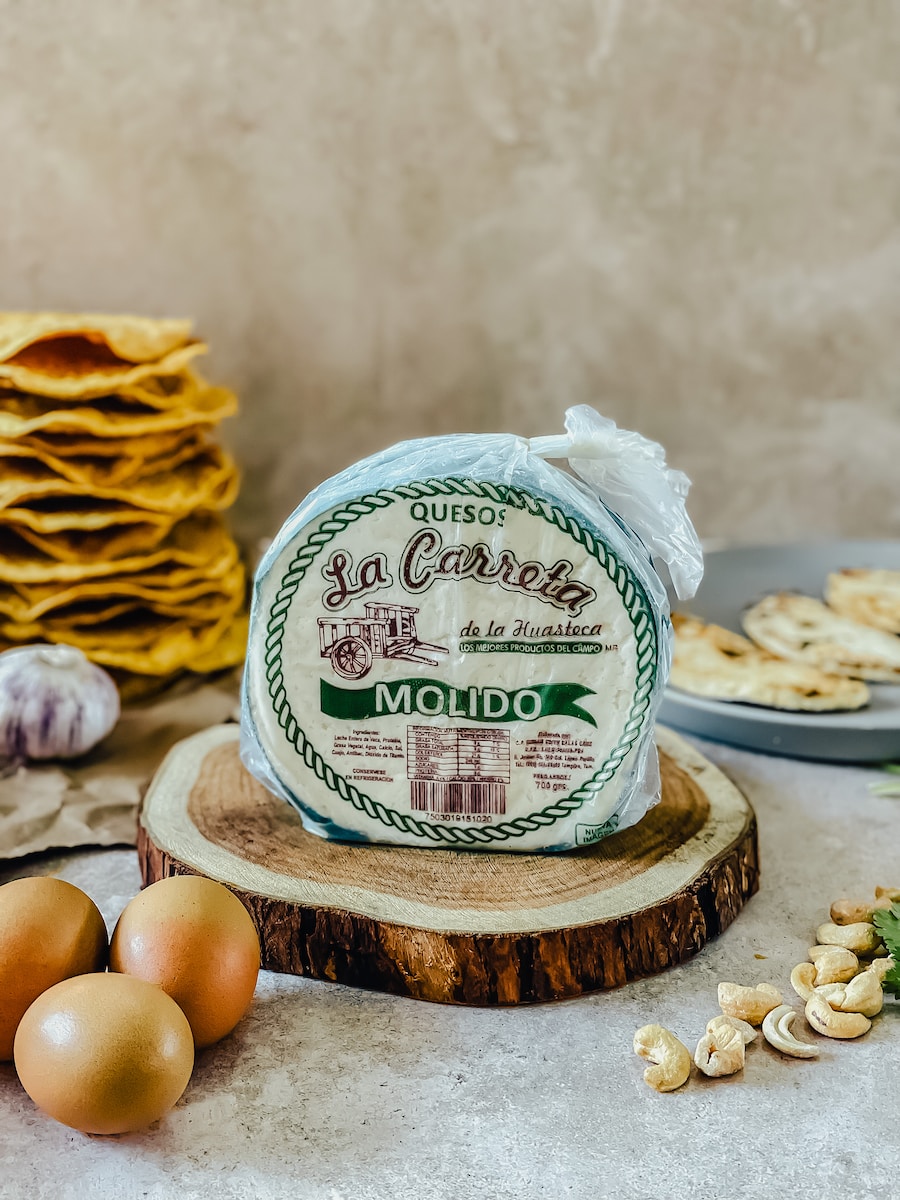Can Dogs Eat Queso Fresco? This is a common question that many dog owners have when it comes to sharing their favorite foods with their furry companions. Queso fresco, a popular Mexican cheese, is known for its creamy texture and mild flavor. But is it safe for dogs to consume? In this article, we will explore whether dogs can eat queso fresco and discuss the potential risks and benefits associated with feeding this cheese to your four-legged friend.
The Safety of Queso Fresco for Dogs
When it comes to feeding human food to dogs, it is important to consider their unique dietary needs and digestive systems. While some human foods can be safe for dogs in moderation, others can pose serious health risks. Queso fresco falls into the latter category.
Queso fresco is a soft cheese made from unpasteurized milk, which can contain harmful bacteria such as Listeria and Salmonella. These bacteria can cause food poisoning in dogs, leading to symptoms like vomiting, diarrhea, and dehydration. Additionally, the high fat content in queso fresco can contribute to pancreatitis, a painful inflammation of the pancreas.

Potential Risks of Feeding Queso Fresco to Dogs
Feeding queso fresco to your dog can have several potential risks. As mentioned earlier, the unpasteurized milk used in the production of this cheese can harbor harmful bacteria. Dogs are more susceptible to foodborne illnesses than humans, and even a small amount of contaminated queso fresco can make them sick.
Furthermore, the high fat content in queso fresco can lead to digestive issues in dogs. Dogs have a limited ability to digest and metabolize fat, and consuming excessive amounts can result in pancreatitis. This condition can cause severe abdominal pain, loss of appetite, and even life-threatening complications.
Alternatives to Queso Fresco for Dogs
While queso fresco may not be suitable for dogs, there are several safe and healthy alternatives that you can offer as treats or additions to their regular diet. Here are a few options:
-
Plain, unsalted cottage cheese: Cottage cheese is a good source of protein and calcium for dogs. Make sure to choose a variety without added salt or flavorings.
-
Plain, unsweetened yogurt: Yogurt contains beneficial probiotics that can support your dog’s digestive health. Opt for plain yogurt without any added sugars or artificial sweeteners.
-
Lean meats: Cooked lean meats like chicken, turkey, or beef can be a great source of protein for dogs. Just make sure to remove any bones, skin, or seasonings before serving.
-
Fresh fruits and vegetables: Many fruits and vegetables are safe for dogs and can provide essential vitamins and minerals. Some dog-friendly options include carrots, apples, and green beans.
Conclusion
In conclusion, it is best to avoid feeding queso fresco to your dog due to the potential risks associated with its unpasteurized milk and high fat content. While it may be tempting to share your favorite cheese with your furry friend, their health and well-being should always come first. Instead, opt for safe and healthy alternatives that can provide the nutrients they need without compromising their health.
Remember, if you have any concerns about your dog’s diet or health, it is always best to consult with your veterinarian for personalized advice and recommendations.
FAQs
Q1: Can dogs eat queso fresco in small amounts?
A1: It is not recommended to feed dogs queso fresco, even in small amounts, due to the potential risks associated with its unpasteurized milk and high fat content.
Q2: What are the symptoms of food poisoning in dogs?
A2: Symptoms of food poisoning in dogs can include vomiting, diarrhea, dehydration, loss of appetite, and lethargy.
Q3: Can dogs develop pancreatitis from eating queso fresco?
A3: Yes, the high fat content in queso fresco can contribute to pancreatitis in dogs, which is a painful inflammation of the pancreas.
Q4: Are there any safe alternatives to queso fresco for dogs?
A4: Yes, there are several safe alternatives to queso fresco for dogs, including plain, unsalted cottage cheese, plain, unsweetened yogurt, lean meats, and fresh fruits and vegetables.
Q5: Should I consult my veterinarian before introducing new foods to my dog’s diet?
A5: Yes, it is always best to consult with your veterinarian before introducing new foods to your dog’s diet to ensure they are safe and suitable for their individual needs.

